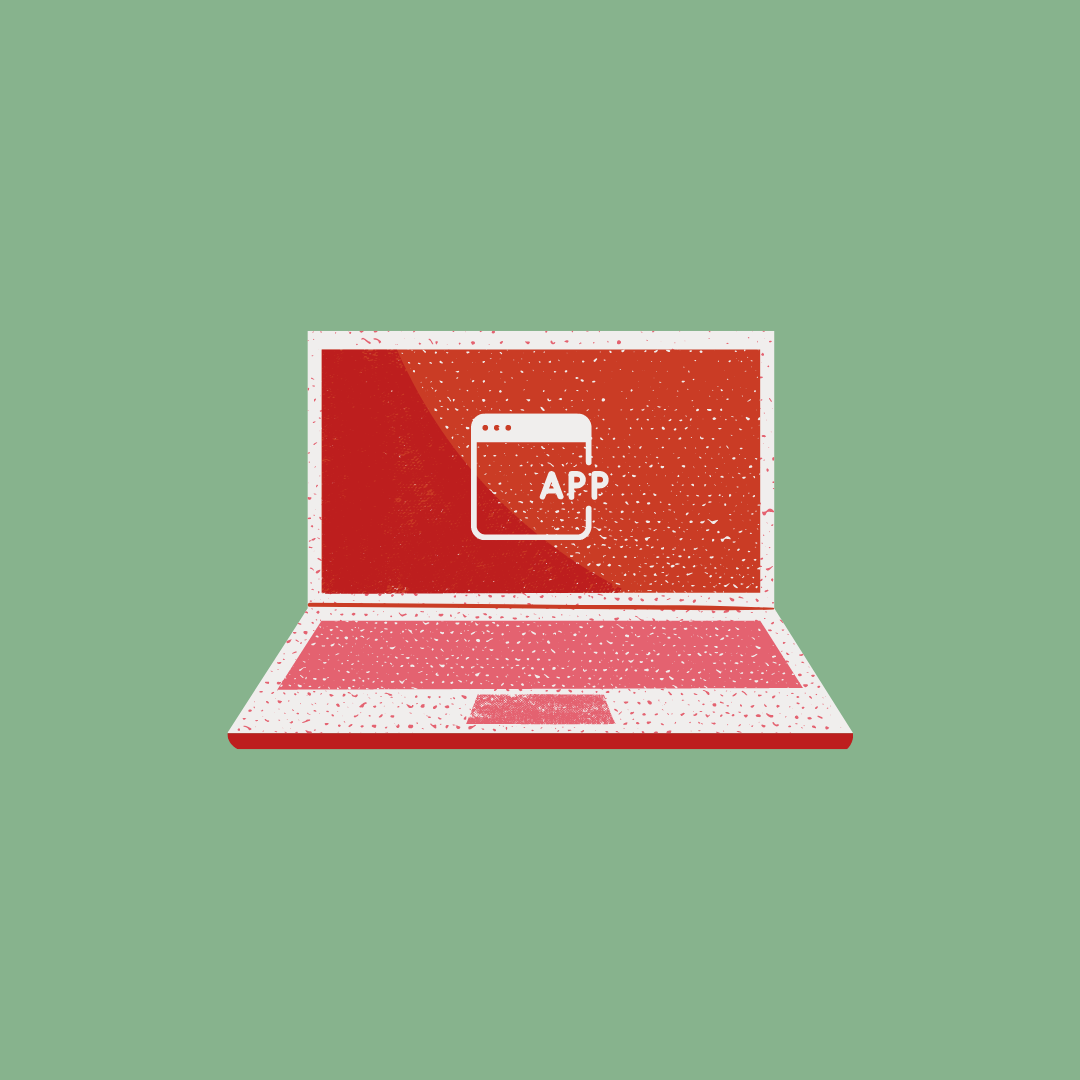It's that time of year again! After the year 2020 an awful lot has changed - and that was something that none of us could have predicted in last year's blog!
So once again we've asked members of the Ascensor team what they believe will be some of the key digital transformation trends in 2021...

Digital (Andy Firth)
“2020 has seen a huge move towards digital, the biggest single-year surge that I’ve seen since the early years of my two decades of providing digital technology and marketing to clients.
Growth in search levels for products and services has been significant. We’ve seen our Ecommerce clients generate four-figure growth percentages this year and I expect this trend to continue – as many people have bought online for the first time in 2020 and will continue to do so in 2021.
We’ve also seen a large increase in cyber threats and attacks - the more we use digital the greater the threat! Because of this I also see a move towards more biometric integration into websites and portals to better identify users.
We’ve also seen Apple and iOS open up to Progressive Web Apps in 2020 and I expect further adoption of PWA features in 2021 including allowing push notifications, which is great!"

Social (Kim Smith)
"As we enter 2021 we can safely say that social as a whole will become more conversational between brands and customers. This is already becoming prominent within LinkedIn. Facebook's algorithm has already put a strong focus on groups and not necessarily pages, so make sure your business is a member of some key groups and get interacting! In terms of algorithms, we can continue to expect to see engagement being a vital aspect on all platforms. The more engagement you get, the more you will be shown - especially if the engagements include a high number of shares and forwards (sends).
The move towards social media being 'the place to see the friendlier and more conversational face of brands' has really increased since the Coronavirus pandemic began. Social media quickly became the go-to place for the latest updates throughout lockdown. Whether users were looking for business opening hours and a restaurant takeaway menu or whether it was spending hours scrolling through TikTok and seeing a different side to many brands - social is the place to go.
Online purchasing will become even easier with the recent introduction and growth of 'social shopping'. Both Facebook and Instagram have hugely developed shopping on their platforms - this is a feature that will really help small businesses in the year that the world 'shopped small'. It'll be exciting to see what else the social media giants introduce, as well the focus on user-generated content!"

Paid Media (Jonny Bailey)
"With the continued changes to data privacy and the implementation of new IOS privacy rules, flexibility and adaptability have never been more important within a Google Ads strategy.
Google Shopping almost isn’t a trend anymore, as it is now a staple within the Google Ads world. However, with the expansion of more eCommerce shops than ever before, it’s never had a bigger part to play.
With Google expanding the location of Google Shopping Ads, as well as how prominent they are and the different features that you can integrate when building out your Google Shopping ads - we have seen these have some of the best ROAS of any type of ad format around. I'm really looking forward to seeing what 2021 brings for our PPC clients!"

Design (Imran Ahmed)
"I believe the rollout of folding phones will resume in 2021 with Android manufacturers leading innovation in hardware with the likes of Samsung, Microsoft, Huawei and Motorola all battling for the folding throne.
Apple is quietly working in the background exploring this space in light of the patent filed for a foldable iPhone in 2020, which will be interesting to see.
As the various form factors begin to take momentum, this will influence both design and development software. Design software such as Figma and Adobe XD will need to adopt methods of designing for multiple screens to keep up with development, which now allows a website/mobile app to be displayed across various screens and orientations."

Front-End Development (Ryan Fitton)
"Progressive Web Apps (PWAs) have existed for a few years but are still gaining more traction as well as features to be able to replace native apps. PWAs started out being created only for the mobile web, but in 2020 Microsoft pushed out an update for their Edge browser; which means that PWAs can now be used on Desktop/Laptop PCs. Another fantastic example is Google Stadia, a game streaming platform which can be played directly in the Chrome browser – a few years ago, this sort of technology would not have been possible.
Another trend which I am looking forward to in 2021 is also the launch of new foldable devices. Whilst we already have responsive design technology for transitioning between phone, tablet and desktop screen sizes; I imagine we will see more features built into browsers to be able to take advantage of these new device formats. There is a new term already going around the development community: ‘The Foldable Web’ – it’s really exciting!"

SEO (Abram Welburn)
"If there’s one thing people have learnt in 2020, it's the importance of being adaptable. This will carry into 2021.
SEO in 2021 will be about thinking of the user first. Thinking of their intent and how we can best satisfy it, and paying attention to how this intent can change and adapting to it. Drastic spiking search trends and shifts in user intent for search queries in 2020 have brought to light how quickly Google can adapt the content they surface for searches - so, we must be ready to adapt our content if we want our websites to continue to maintain high visibility levels in the search results in 2021.
Google announced its Core Web Vitals metrics to be used in the ranking algorithm from May 2021. These user experience signals monitor how quickly and smoothly pages load and how quickly users are able to interact with the page. Attention to such metrics will not only improve the website’s opportunity to rank through subsequent algorithm updates - it'll also help improve UX and conversions straight away, benefitting ROI from all channels.
Using SEO as part of a synergistic marketing effort should be even more important in 2021. Building a strong brand will support SEO; creating user-focused content will improve rankings and support conversion rate optimisation.
Using CRO to improve user journeys and experience will improve return on SEO and PPC; and strong technical SEO and site speed will support CRO and return from all channels. Thinking of things holistically will become vital to allow the fastest adaptability in 2021 and ensure the website is already optimised for the new kinds of signals that Google are likely to introduce into the algorithm."

CRO (Hardeep Bargota)
"With people using smartphones more often to visit a site for the first time, the average time spent between pages is crucial for conversion rates and for potentially creating returning customers.
I think a post by Akamai best describes modern consumers' engagement:
'Half of the consumers browse for products and services on their smartphones, while only one in five complete purchases using those phones.
A 100-millisecond delay in website load time can hurt conversion rates by 7% as well as a two-second delay in web page load time increase bounce rates by 103%.'
In 2021 webpages need to load as quickly as possible by using best practices and following the conditions of a clean developed web structure. A website which follows this as well as adding personalisation during the journey will hopefully keep the user's attention and focus to deliver a seamless experience.
By simply tailoring content to specific users by city, location or channel audience we can better optimise the site to feel more understanding of their needs."